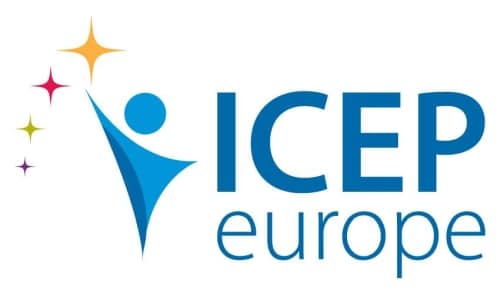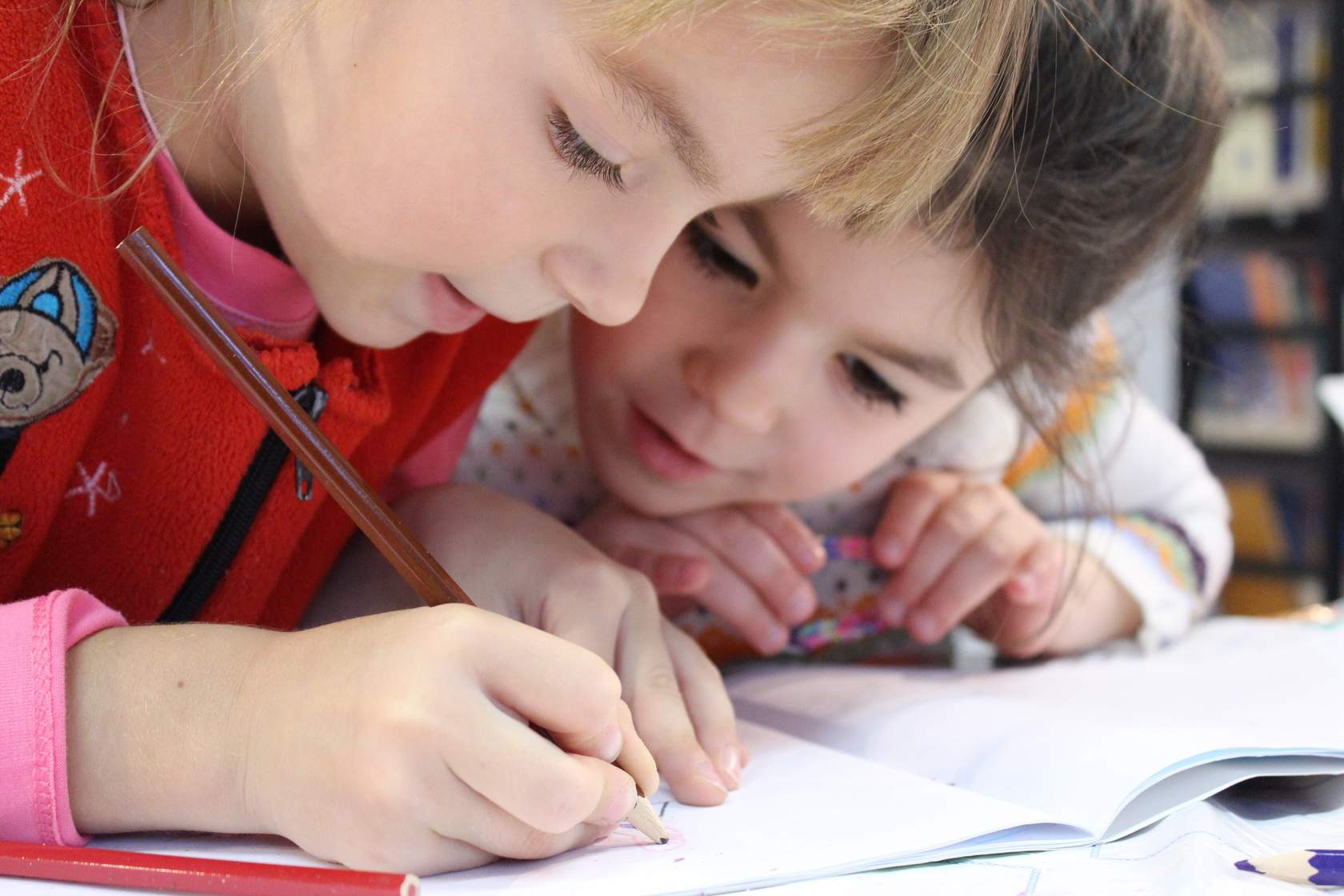BTWP
Review and Evaluation of the Ruhama Bridge to Work Programme
Overview and Objectives
Ruhama is an Irish NGO and registered charity that supports women affected by prostitution, commercial sexual exploitation (CSE) and sex trafficking at a national level and provides crucial frontline specialist services, including outreach, emergency, crisis response, casework and advocacy services, mental health supports, and educational and training opportunities. The vision of Ruhama is to promote a more just society and to end prostitution and sexual exploitation. One of the key aspects of this mission involves Ruhama’s Education and Development Programme which aim to empower and support their service users.
The Bridge to Work Programme (BTWP) was introduced by Ruhama in 2017 with the aim of providing tailored employment support for women impacted by sex trafficking and prostitution and promoting direct access to fair employment. The BTWP aims to provide marginalised women with a transformative opportunity to secure work experience, strengthen skills and promote wellbeing, including enhanced confidence and self-esteem. In the longer run, the programme aims to help women progress into sustainable employment and to break down barriers to inclusion and equality. This evaluation of the BTWP is one of the very small number of studies which explore and evaluate the implementation of a career-focused intervention programme for women affected by CSE. The research aimed to understand the resources, practices, structures, processes and activities involved in delivering the BTWP and to examine the factors which influence, either positively or negatively, the implementation and outcomes of the BTWP.
The study objectives were to:
- Outline the inputs, outputs and intended outcomes of the programme;
- Assess the implementation of the BTWP and experiences of those involved in the programme; and
- Identify facilitators and barriers that influence implementation of the programme and identify lessons for the sustainability of the programme.
Activities/Outputs
This research explored the implementation of the BTWP, its outcomes, successes and challenges to programme delivery.This research included the development of a logic model and a review of the essential components and assumptions underpinning the programme, as well as the ‘core characteristics’ of implementation and delivery. The core characteristics of the programme include engagement with key stakeholders to scaffold and build capacity for service users, collaborative working and reflective and flexible practice. Key outcomes of the programme were also explored – delivery of educational and mentoring support to cohorts of service users, the creation of employment experiences and improving access to fair employment – were achieved, albeit in a fashion which was different to that originally anticipated. Overall, several programme successes were identified which included positive outcomes for service users, including positive employment experiences and increased confidence and self-esteem and broadened horizons.
Impact
This research has involved the creation of a logic model and identified key lessons for implementation which can be used to inform a pathway forward to support the ongoing development of the BTWP.
The Research Team
This project was carried out by ICEP Europe.

-
Project Duration
2018-2020
-
Email for Project Contact
Aleksandra Szproch (Senior Research Officer, ICEP Europe)
a.szproch@icepe.eu





